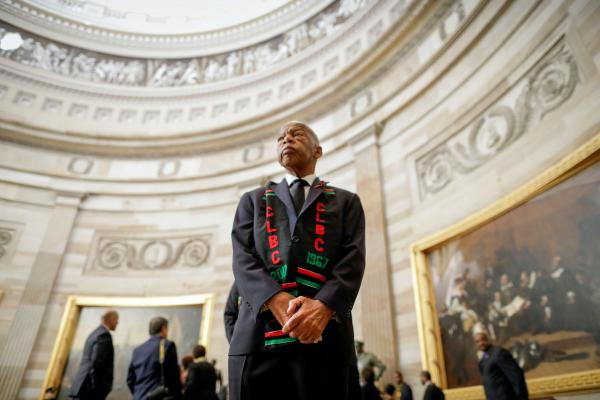Jul 23, 2020
I spent many hours just looking at the Edmund Pettus Bridge. The words that kept coming to me were “courage” and “gratitude,” and the question that surfaced was: What bridge we will now have to cross?
Read the Full Article

Already a subscriber? Login
